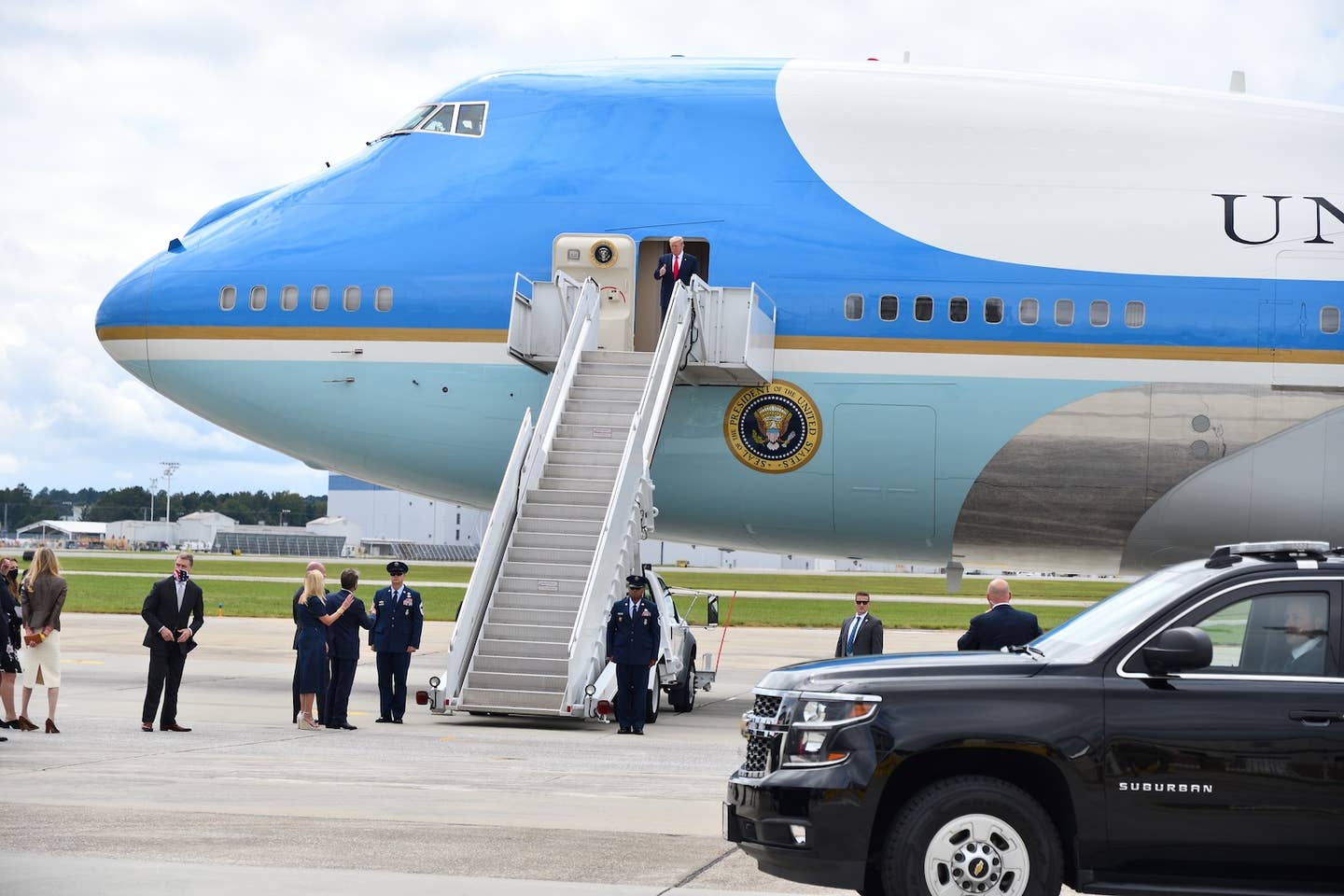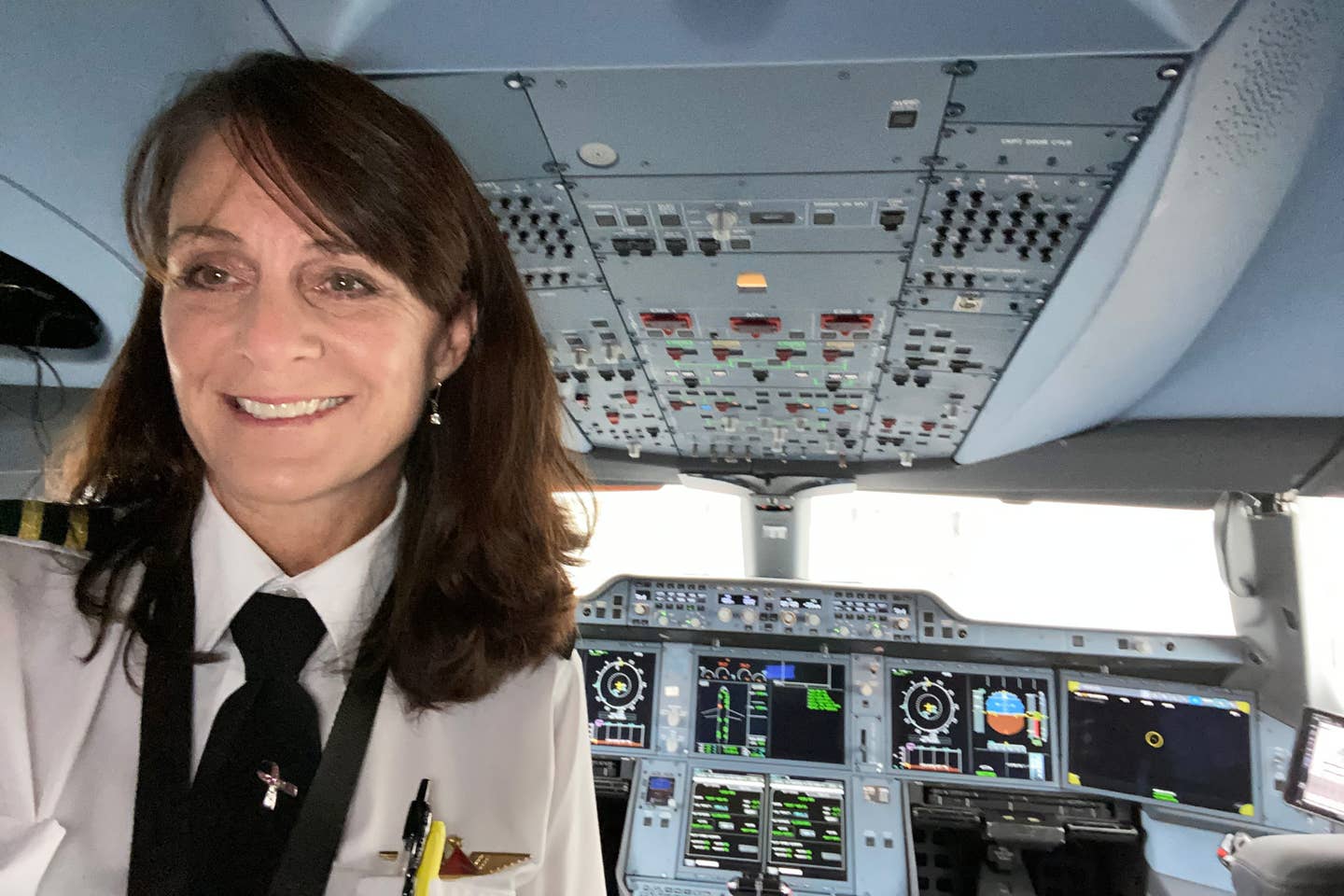
Petitt holds a Ph.D. in Aviation Safety and has also published a number of aviation-themed novels. Lee Seham
Whistleblowers exist to shine the light of day on topics that others hoped would fade into the background. Because confirming stories that others deny often makes them unpopular with their employer, laws exist to deter retaliation against them. Nonetheless, whistleblowers are often the recipients of job terminations, demotions, suspensions, discrimination, harassment, and denial-of-benefits promotions.
Delta Air Lines first officer Karlene Petitt, who holds a Ph.D. in aviation, claimed she was discriminated against after she reported a number of pilot fatigue and other safety issues at the airline to top management in 2016. Current FAA Administrator Steve Dickson happened to be Delta’s senior vice president of flight operations at the time Petitt filed her report. Not long after that report was filed, the airline sent her to a Delta-hired psychiatrist, who discovered the Petitt suffered from bipolar disorder, a medically disqualifying condition for a cockpit crewmember. Delta quickly removed Petitt from flying status for more than a year and a half. Subsequent psychiatric examinations found Petitt did not suffer from bipolar disorder and she was subsequently returned to flying status.
In a December 21, 2020, ruling, the US Department of Labor granted relief to Petitt from her 2016 discrimination complaint filed with the Occupational Safety and Health Administration. Initially following Petitt’s suit, OSHA dismissed the case for lack of evidence. In August 2018, she formally objected to the findings and asked that her case be reviewed by the Office of Administrative Law Judges. In July 2019, Delta pleaded successfully to have the charges dismissed. Then in March 2020, Petitt filed a Motion to Admit New Evidence of Arbitration Award and a Motion for Brief Stay of Proceedings. In November 2020, Delta attorneys filed an objection to the new evidence.
The administrative tribunal eventually found that Delta failed to provide clear and convincing evidence of why they put Petit through a psychiatric evaluation and that the airline did engage in an adverse employment action with discriminatory intent. The tribunal said it was struck, “by the injury Petitt suffered and will likely continue to suffer for the remainder of her professional flying career. During this entire ordeal, Petitt had every reason to fear for the loss of her professional flying career if not her very ability to fly.”
The panel finding for Petitt agreed she was entitled to relief, but not the $30 million for which the pilot initially asked. The airline’s attorneys said any compensation should be minimal. The two sides eventually settled on $500,000 to cover back pay and other benefits. Delta was also required to return Petitt to flying status.
A recent Wall Street Journal story added details of the suit, including that Dickson “knew about and approved punitive moves against veteran co-pilot Karlene Petitt, who was deemed unfit to fly in December 2016 after being diagnosed with bipolar disorder. The ruling supported Ms. Petitt’s claims that she was singled out for special scrutiny to try to keep her quiet about safety issues.” Petitt’s suit against Delta and later OSHA was [raised as an issue during Dickson’s nominations hearing in the Senate in July 2019.
Adding fuel to fire, the WSJ story reported, “The psychiatrist who gave the initial diagnosis, which Delta paid for, years later was forced by Illinois regulators to stop practicing medicine partly due to improprieties involving commercial-pilot screening for the carrier. Under contract provisions between Delta and its pilots’ union, Ms. Petitt was referred to doctors from the Mayo Clinic and elsewhere for subsequent evaluations. She and Delta shared the cost of those follow-up reviews, both of which repudiated the original findings. In reaching his diagnosis, the first psychiatrist didn’t reference any letters of support for Ms. Petitt and, according to the ruling, he didn’t interview anyone about Ms. Petitt, not even the doctor who over the years approved her to retain a commercial pilot’s license. That initial diagnosis also found her experiences years earlier—going to night school while helping her husband’s business and also raising three children under the age of three[—as evidence of] suggested mania.”
In the end, the tribunal believed publication of the decision in Petitt’s favor would serve as a deterrent to not only those involved in the retaliatory acts concerning this case but also deter others that might consider contemplating similar actions in the future. Final remarks from the tribunal said, “Deterrence of the wrongdoer and those that know of the conduct committed by the wrongdoer has long been deemed a proper factor when imposing a remedy for misconduct.” Delta Air Lines denied anyone within the company ever retaliated against Petitt and said it will appeal the ruling.

Sign-up for newsletters & special offers!
Get the latest FLYING stories & special offers delivered directly to your inbox

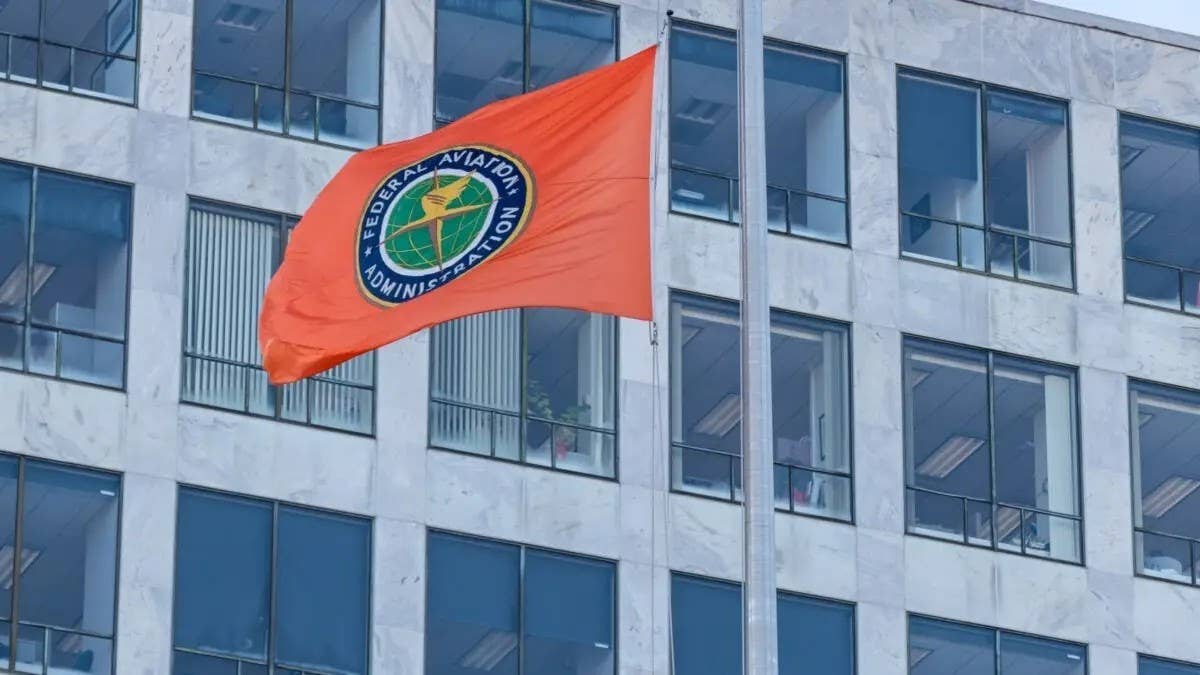

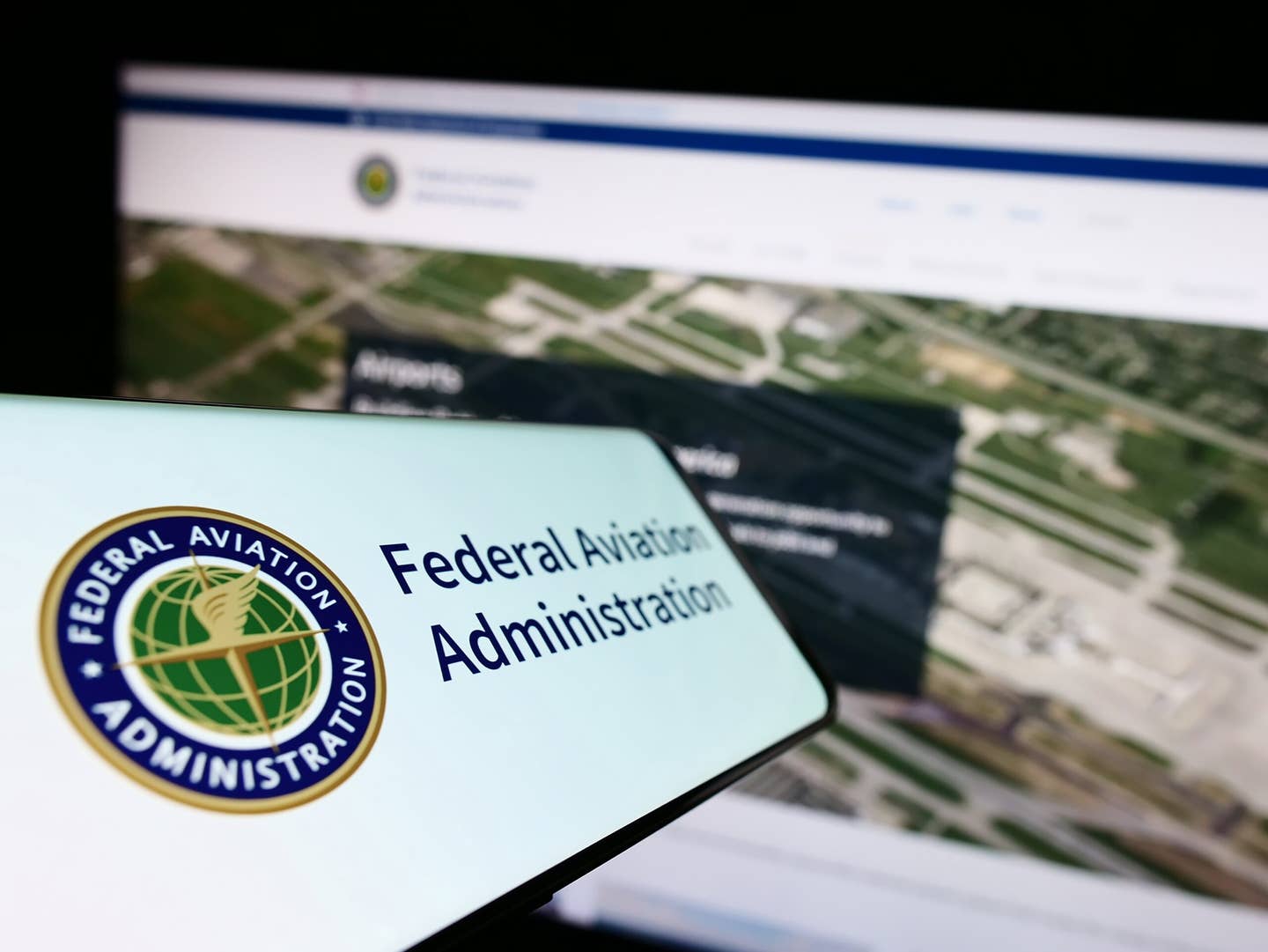
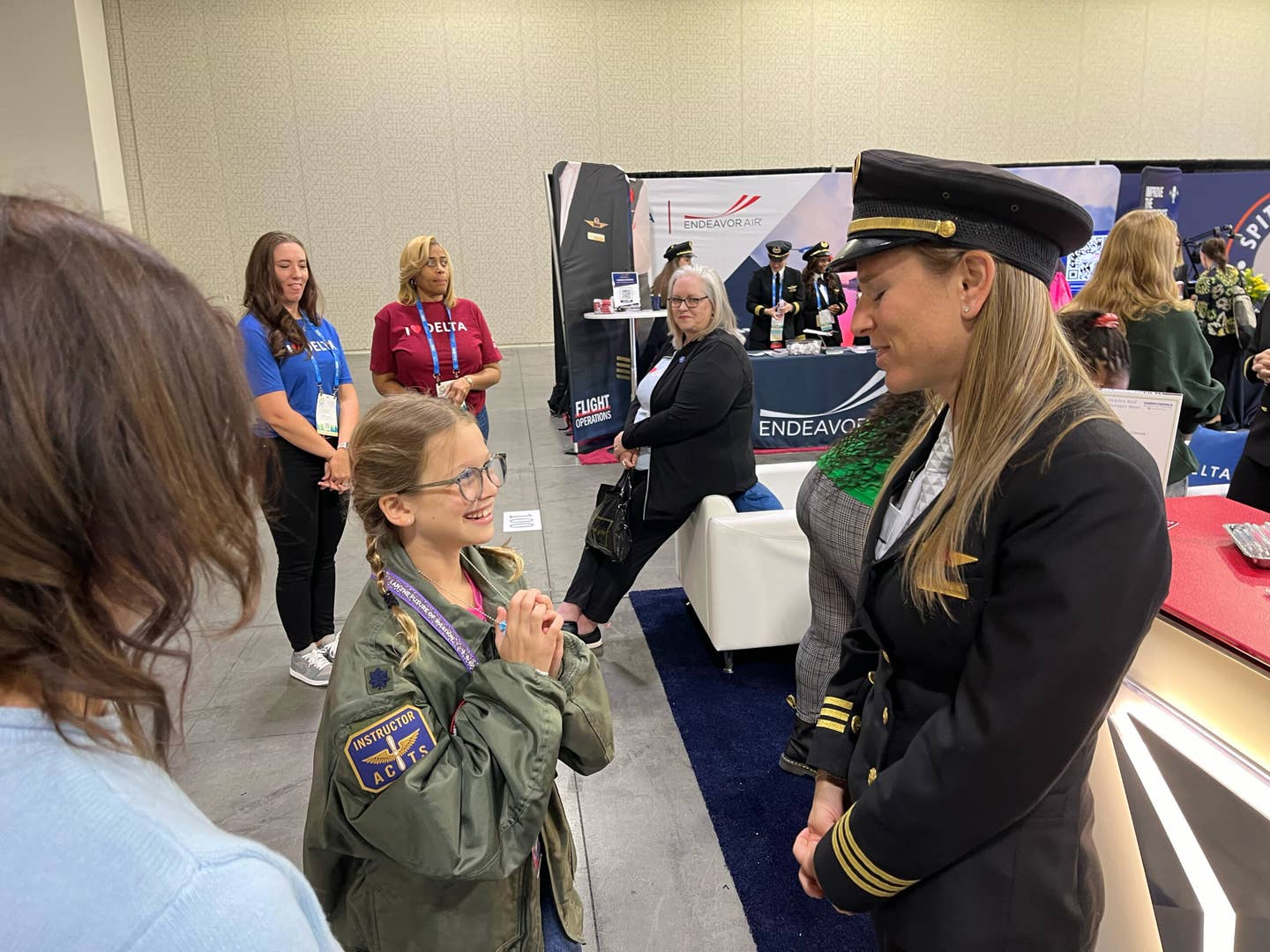
![United Airlines secures FAA approval for Starlink, with first commercial flights set for May. Starlink offers 50x faster internet, free for MileagePlus members. [Courtesy of United Airlines]](https://www.flyingmag.com/uploads/2025/03/UnitedAirlines_Starlink_Image.jpg?auto=webp&auto=webp&optimize=high&quality=70&width=1440)
